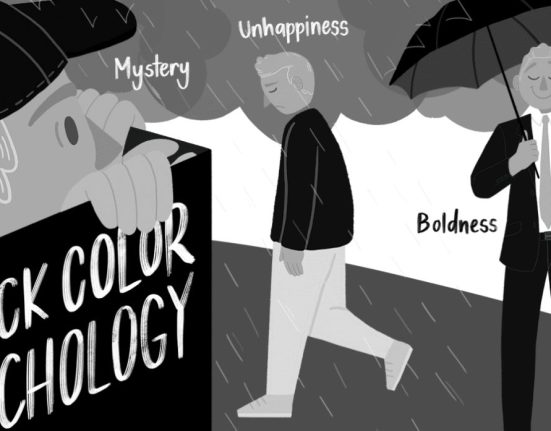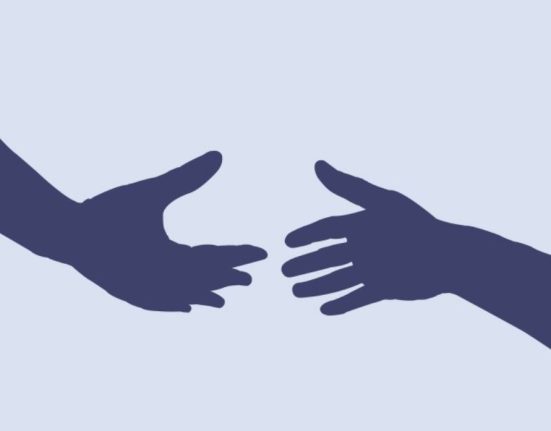As we know, Mental Health America (MHA) recognizes June as Men’s Mental Health Month. So today, let’s discuss strategies to cope effectively with mental health challenges.
Mental health issues can affect our daily lives in unimaginable ways. Waking up feeling tired, not feeling like doing anything, but pushing yourself to take one more step, and feeling the rise in exhaustion as you move can be devastating. Life can be tough on all of us, some more so than others. But there are ways to cope with the exhaustion, tiredness, and loss of interest in waking up.
Types of coping mechanisms
Many types of coping strategies or mechanisms can help increase the release of dopamine, the “happy hormone”. Dopamine helps maintain depression, mood disorders, and other mental challenges. Additionally, if you’d like to support men with mental health issues, you can make groups or organize events as it is Men’s Mental Health Month, and include mental health alleviation techniques in the form of games and fun activities.
A few of these coping mechanisms or techniques are;
Practical Self-care Strategies
Self-care strategies play a very essential role in mental health management. Let’s talk about some of the best practical techniques that we can use to feel better when we’re feeling down.
Meditation
Meditation or techniques to learn mindfulness are very effective, especially if you struggle with anxiety or ADHD. Heck, they’re helpful if you just feel like your mind is racing. You can try yoga, listening to relaxing sounds like thunderstorms, rain, or instrumentals, guided meditation, or just silence according to your preference.
Exercising
Some of us may consider meditation and sitting still as relaxing, while others may not. Some like to stay still, others like to run, swim, or exercise with heavy weights. Exercising releases endorphins, the neurotransmitters that make us feel good. But it isn’t necessary to go to the gym and exercise like you have a wrestling match tomorrow. A simple walk for at least 30 minutes a day can help just as well.
Sleeping habits
Sleep plays a vital role in cognitive function and mood regulation. Unhealthy sleeping habits can drive anyone towards mental and physical health issues, like mood swings, anger management issues, obesity, high cholesterol, diabetes, and so on. So, make sure to sleep at least 7 hours a day to let your body and mind recover from all the exhaustion you go through every day.
Eating Habits
Just as a good diet is important for managing physical health issues, it’s also crucial for mental health. Eating nutritious food can positively affect our bodies, both physically and mentally. On the other hand, eating junk or imbalanced food can make us feel sloppy in many ways. So, try to eat a balanced diet that includes a fair amount of fiber, protein, whole grains, and healthy fats.
Limiting Screen Time
It may sound absurd to some but the recommended average screen time for adults outside of work is less than two hours a day. Now imagine the time we spend on our smartphones, televisions, and consoles on a daily basis and consider how damaging that might be. According to some recent studies, longer screen times cause depression, anxiety, and other mental illnesses in adults. So, if you’re going above 2 hours, maybe consider working around that. You can easily find 10 better things to do. Perhaps, try some of the activities I’ve mentioned above. Thank me later.
Social Connections
For the record, unhealthy social connections are mostly a primary reason for mental health issues. It is, therefore, very important to have healthy social connections for your mental peace. So let’s try to make social connections healthy as we talk about it in Men’s Mental Health Month. Some techniques to develop better social connections are as follows;
Setting Boundaries
As individuals, we either forget or don’t know how to set boundaries. Because it may feel like we’re behaving rudely towards someone, saying NO may feel like insulting someone. But let me tell you, it is the best thing you can do for your mental health. Some of the key points for setting boundaries are;
- Identifying your needs and acting accordingly.
- Communicating clearly.
- Recognizing narcissistic behaviors, so others won’t be able to use you.
- Recognizing red flags.
- Saying No when necessary.
Support Groups
Joining a support group can result in making you feel heard and understood which consequently makes you feel less depressed, lonely, and anxious. The biggest help a support group can offer is to connect you with people who feel like you.
Positive-Psychology
Let’s talk about positive psychology. This is a scientific approach that studies the positive aspects and events of one’s life which includes three positives – Positive experiences, Positive traits, and Positive intuitions.
There are a few ways you can integrate positive psychology into your life.
Practicing Gratitude
Gratitude is an amazing strategy to develop resilience and promote a positive attitude. It might be hard to stop thinking about or focusing on what you don’t have, but it is possible. Shifting your focus from what you lack to what you have makes a huge difference in how you see life and manifesting a better future.
Embrace optimism
Being an optimist doesn’t mean that you have to be positive all the time. It rather means maintaining a positive outlook. Optimism helps us cope better with daily life challenges and creates a sense of hope.
Resilience
Navigating life’s challenges and setbacks can become much easier with a resilient mindset. Resilient individuals tend to bounce back from hardships with a sense of balance and stability. They learn to grow from each setback.
So, these positive practices can help men face the daily mental challenges they have to go through being a son, father, brother, or simply an individual.
As June is men’s mental health month, I hope this blog helps people who need the motivation to seek mental health assistance, gain the courage to fight the demons in their head. If you feel like drowning and nothing’s working out for you, I strongly suggest you talk to a loved one or seek help from a mental health technician. Good Luck!
Also Read: The Psychology and Cultural Significance of Black









Leave feedback about this